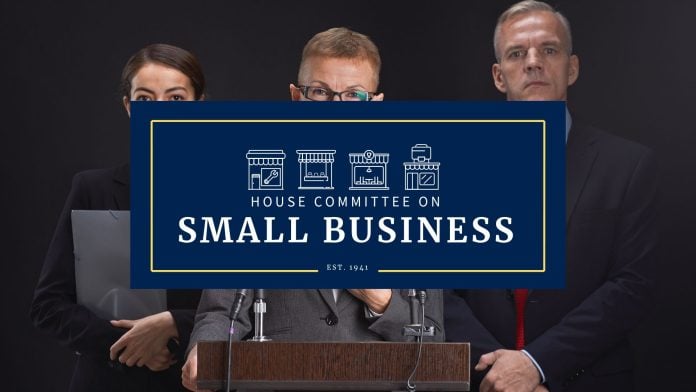Congressman Roger Williams (R-TX), Chairman of the House Committee on Small Business, has introduced the Equal Shot Act of 2025, a legislative effort aimed at ensuring firearm-related businesses can access much-needed financial assistance from the Small Business Administration (SBA) without facing discrimination.
This new bill comes amid growing concerns within the firearms industry about unequal treatment when it comes to SBA resources. Many small businesses in this sector have reported challenges in securing loans or grants, primarily due to the political climate surrounding gun ownership and rights. Williams’ initiative aims to level the playing field for these businesses.
“The Small Business Administration has no place deciding which small businesses succeed based on political preferences,” Williams stated. His advocacy for the Equal Shot Act seeks to eliminate biases, ensuring that firearm-related businesses are treated equitably. He emphasizes, “These are law-abiding job creators who strengthen local economies across America, and they deserve the same equal access to federal resources as any other small business.”
For small business owners, particularly in the firearms sector, this legislation could mean simplified access to capital necessary for growth and operations. Entrepreneurs often struggle with funding, and the Equal Shot Act may ease some of these burdens by removing barriers that have historically sidelined gun-related businesses.
Support for the legislation is broad among gun rights organizations, with endorsements from the National Rifle Association (NRA), Gun Owners of America (GOA), and the National Association for Gun Rights (NAGR). Their backing indicates a concerted effort among firearm advocates to push back against policies they perceive as restrictive.
However, while the bill aims to improve the landscape for firearm businesses, it’s important for owners to consider the practical applications of this legislation. The Equal Shot Act stipulates that it applies exclusively to firearm-related businesses meeting existing eligibility requirements. Therefore, owners will need to ensure they comply with all other SBA criteria to benefit from the act.
Potential challenges lie ahead. The act’s introduction does not guarantee immediate access to funds. Legislative processes can be lengthy, and the bill must navigate through potential opposition in Congress. Additionally, changing political landscapes could influence its implementation. Small business owners should remain vigilant about these developments and prepare for varying outcomes depending on the final legislative context.
The Equal Shot Act of 2025 is a response to past governmental policies that some associate with efforts to curb access for firearm businesses. Notably, critics often reference “Operation Choke Point”—an initiative from the Obama administration aimed at restricting banking services for firearms-related businesses. Such historical contexts highlight the ongoing tensions and the need for clear pathways to financial assistance.
As the discussion unfolds, small business owners in the firearms sector should take note of this legislative shift. The Equal Shot Act may provide long-awaited access to capital, but it is crucial for them to stay informed and proactive. Engaging with local representatives and advocating for their interests can be key in navigating the complexities of this evolving landscape.
By addressing discrimination in federal funding, the Equal Shot Act of 2025 may serve as a significant legislative vehicle for empowerment, potentially reshaping how firearm-related businesses interact with federal resources. As entrepreneurs consider the future, staying abreast of this and similar legislation can help them make informed decisions crucial for their growth and sustainability.
For a detailed look at the Equal Shot Act of 2025, visit the official page here.
Image Via Envato: seventyfourimages



